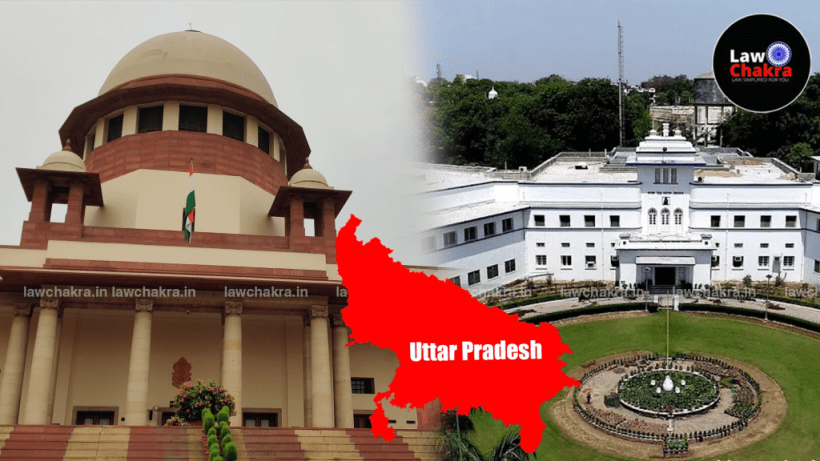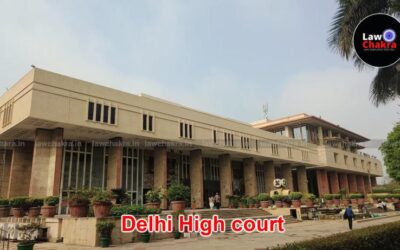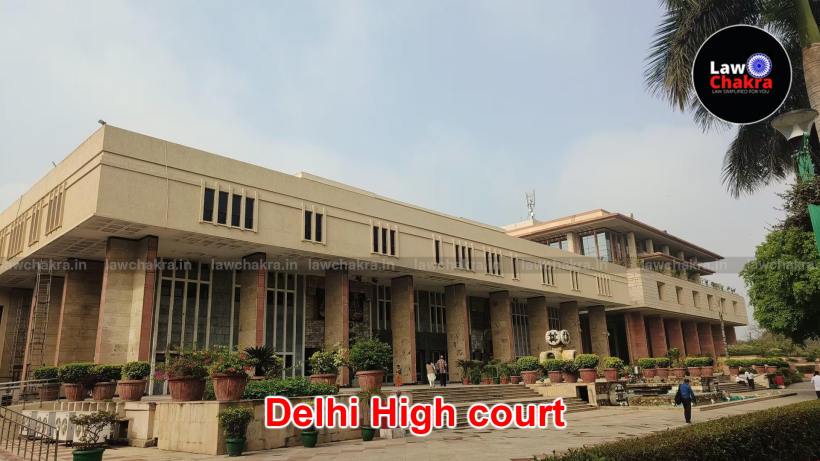“Allotment Should Be In Public Interest”

The Supreme Court has upheld the cancellation of land allotted to the Kamla Nehru Trust, stating that “allotment should be in public interest.” The judgment reinforces the need for transparency and fairness in public land distribution.
New Delhi: The Supreme Court emphasized the need for due diligence, fairness, and adherence to public interest in the management of industrial land allotments. On Friday, it upheld the decision of the Uttar Pradesh State Industrial Development Corporation (UPSIDC) to cancel the allocation of 125 acres to the Kamla Nehru Memorial Trust (KNMT) in Uttar Pradesh.
A bench comprising Justices Surya Kant and N. Kotiswar Singh dismissed KNMT’s appeal against a 2017 Allahabad High Court ruling that cancelled the land allotment in the Utelwa Industrial Area of Jagdishpur, located in Sultanpur district.
The court criticized the swift allotment of the substantial land parcel to the trust in 2003 for floriculture, noting the “remarkable alacrity” with which UPSIDC considered alternative allocations to Jagdishpur Paper Mills Limited following the initiation of litigation.
The bench stated,
“In light of our detailed examination of the contentions raised by the parties, the comprehensive analysis of the factual and legal matrix and the resultant conclusions, we uphold the cancellation of the allotment by UPSIDC,”
The court further declared that any allotment or offer made by the UPSIDC to Jagdishpur Paper Mills Limited regarding the land is “also declared to be illegal, contrary to public policy and is consequently annulled.”
It instructed that any earnest money or payments received from this prospective allottee should be refunded with interest at the rate set by nationalized banks.
While the court upheld the cancellation due to KNMT’s defaults, it noted systemic issues in the original allocation process.
It stated,
“UPSIDC allotted the subject land to KNMT within merely two months of application, raising questions about the thoroughness of the evaluation. Furthermore, during the pendency of this dispute, UPSIDC demonstrated remarkable alacrity in considering alternative allotments to M/s Jagdishpur Paper Mills Limited,”
The court pointed out that the lengthy litigation initiated by KNMT has dragged on for over 15 years, unnecessarily straining the judicial system and hindering the effective functioning of public authorities. Such extended disputes highlights the need for more rigorous initial evaluation processes to mitigate chronic defaults.
Also Read: AAP Withdraws Supreme Court Petition| Office Land Allotment
The bench remarked that the rushed allotment followed by years of litigation illustrates significant flaws in the allocation process.
It noted,
“This necessitates comprehensive directions to ensure that future allocations uphold principles of transparency and accountability, thereby preventing prolonged disputes while ensuring that public resources genuinely promote industrial development and economic growth,”
The court emphasized the importance of ensuring that industrial land allotment procedures adhere to standards of administrative propriety, especially considering the public trust doctrine, which requires “public resources be managed with due diligence, fairness and in conformity with public interest.”
The bench criticized the allocation of 125 acres of industrial land to KNMT without a competitive process, stating that it fundamentally violated the doctrine, which mandates proper procedures and accountability in public resource distribution.
It highlighted that the UPSIDC should have considered verifiable evidence of economic benefits, employment potential, environmental sustainability, and alignment with regional development goals to confirm that the decision served the collective good.
The Supreme Court remarked,
“The failure to adopt transparent mechanisms not only deprived the public exchequer of potential revenue as evidenced by the substantial appreciation in the value of such a large tract of land, but also created a system where privileged access supersedes equal opportunity. This betrays the fiduciary relationship between the State and its citizens,”
The court added that allocating a significant tract of industrial land without thorough evaluation raises serious concerns about compliance with the public trust doctrine, which necessitates that allocation decisions be informed by a comprehensive assessment of public benefits, beneficiary qualifications, and safeguards to ensure ongoing adherence to the stated purposes.
The Uttar Pradesh government and UPSIDC are directed to ensure that any future allotments are made transparently, non-discriminately, and fairly, maximizing revenue while achieving broader public interests such as industrial development, environmental sustainability, and regional economic objectives.
The court further instructed that the 125 acres of land in Sultanpur be allotted as recommended by the court.






